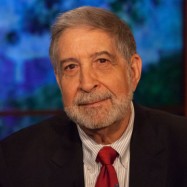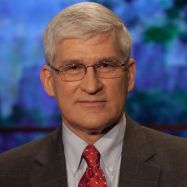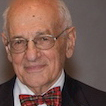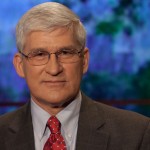As a consequence, within limits, the president finds himself in a position to exercise considerable latitude. Prominent among those limits is the Afghanistan War. On the campaign trail, both Obama and his opponent had agreed on the need to end the U. S. combat role there by the end of 2014. Barring truly unexpected developments, the president will find himself obliged to deliver on that promise.
When that war finally ends, as part of a larger effort to reduce the federal deficit, the president will follow through on his inclination to make modest cuts in military spending. Hawks will howl that he is denuding defense, but the charge won’t stick. The fact is that Obama himself is a hawk, as his propensity to use armed force testifies.
By all rights, the presidential campaign ought to have provided the opportunity to debate how and why and where the United States today uses force. During his first term, Obama abandoned his predecessor’s inclination to invade and occupy countries with expectations of transforming them. Instead, he instituted a policy of killing individuals he decides to kill, wherever they might happen to be found, relying on missile-firing drones or commando raids to do the trick. Targeted assassination has now emerged as America’s new M. O. A serious presidential campaign might have examined the legal and moral issues raised by this new tactic. It also might have assessed their efficacy: Are such attacks increasing or reducing anti-Americanism in the Islamic world? Alas, the campaign did none of these things and in that sense rates as a missed opportunity.
Andrew Bacevich last visited Moyers & Company to talk about the changing military mindset in March of this year. Watch video »
Bacevich is a professor of history and international relations at Boston University. A graduate of the U.S. Military Academy, he received his Ph.D. in American Diplomatic History from Princeton University. Before joining the faculty of Boston University, he taught at West Point and Johns Hopkins University.















